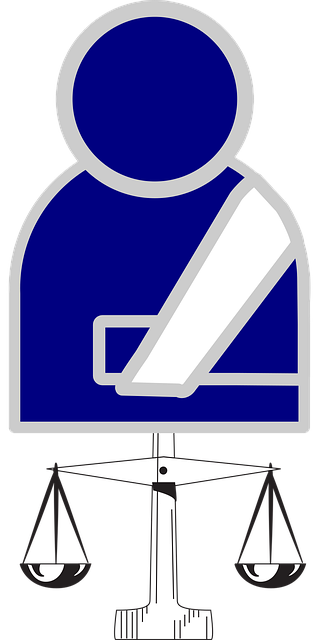Efficient dictation technology, considered essential law office equipment, transforms legal workflows by enhancing productivity and accuracy. Handheld digital recorders and advanced dictation software with noise cancellation, cloud storage, and user-friendly interfaces streamline document creation. Customized training optimizes usage, refining processes for enhanced efficiency while minimizing errors in case management.
In the fast-paced world of legal practice, efficient documentation is key. Selecting the right dictation equipment can streamline workflows in law offices, enhancing productivity. This article guides legal professionals through the process of understanding specific dictation needs, exploring various types of equipment, and highlighting crucial features to consider when choosing software. We also delve into successful implementation strategies and training for a seamless transition to enhanced documentation methods, ultimately transforming law office equipment into powerful tools for success.
- Understanding Dictation Needs in Law Offices
- Types of Dictation Equipment for Legal Professionals
- Features to Consider When Choosing Dictation Software
- Implementation and Training for Efficient Workflows
Understanding Dictation Needs in Law Offices
In the fast-paced and detail-oriented environment of law offices, understanding dictation needs is paramount for enhancing efficiency and productivity. Legal professionals often require accurate and swift note-taking solutions to capture complex conversations, prepare legal documents, and manage case details. The right dictation equipment plays a pivotal role in streamlining these tasks.
Effective dictation technology adapts to the unique demands of legal practice, from recording depositions and meetings to transcribing legal arguments and drafting contracts. Law office equipment designed for dictation should offer seamless integration with existing workflows, robust security features to protect sensitive information, and advanced transcription accuracy. By investing in suitable dictation tools, legal teams can optimize their processes, minimize errors, and ensure the highest level of professionalism in document management.
Types of Dictation Equipment for Legal Professionals
Legal professionals require reliable and efficient dictation equipment to accurately capture and document conversations, meetings, and interviews. The market offers a range of options tailored to different needs. Traditional choices include handheld digital recorders, which are compact, portable, and often feature advanced noise cancellation for clear audio quality. These devices allow for easy file transfer and storage, making them convenient for transcribing and sharing notes.
For more advanced requirements, legal professionals can opt for professional dictation software coupled with a foot-controlled microphone setup. This combination enables hands-free operation during lengthy proceedings or interviews, ensuring continuous recording without interruption. Such software often includes sophisticated transcription tools that facilitate faster and more accurate document creation. These features make it an ideal choice for law offices managing extensive case loads where efficient documentation is paramount.
Features to Consider When Choosing Dictation Software
When selecting dictation software for a law office, several key features should be at the top of your list. First and foremost, look for programs with advanced noise cancellation technology to ensure accurate transcription even in bustling legal settings. This feature minimizes background noises, allowing for crisp and clear recordings that translate directly into text. Additionally, consider tools offering cloud-based storage and seamless integration with popular document management systems. These features streamline workflow, enabling efficient organization and retrieval of dictations, which is essential in managing sensitive legal documents.
Furthermore, accessibility and user-friendliness are paramount. Opt for software with intuitive interfaces designed to accommodate users across different proficiency levels within your law office. Features like customizable hotkeys, voice commands, and quick access to frequently used functions enhance productivity by reducing the learning curve. Remember, the right dictation software should not only simplify transcription but also empower legal professionals to focus on what they do best—practicing law.
Implementation and Training for Efficient Workflows
Implementing the right dictation equipment in a law office is just the first step; effective workflows are crucial for optimal usage. Training plays a vital role here, ensuring that legal professionals and support staff are comfortable with the technology. This includes demonstrating how to use the equipment efficiently, from recording dictations to transcribing them accurately. Customized training sessions can help adapt the technology to the specific needs of the law office, streamlining workflows and enhancing productivity.
Regular practice and feedback sessions can further refine the process, allowing for continuous improvement. Law office equipment should be viewed as a tool to support and enhance work processes rather than an additional task. With proper implementation and training, dictation equipment can revolutionize legal practices, saving time and resources while ensuring accuracy in document creation.
Selecting the right dictation equipment for legal professionals is a strategic move that can streamline workflows, enhance efficiency, and improve overall productivity in law offices. By understanding specific dictation needs, choosing from various types of equipment, considering essential software features, and ensuring proper implementation and training, legal practices can leverage technology to its fullest potential. Investing in top-tier law office equipment doesn’t just simplify recording and transcription; it empowers lawyers to focus on what they do best while leaving technical intricacies to advanced dictation tools.
